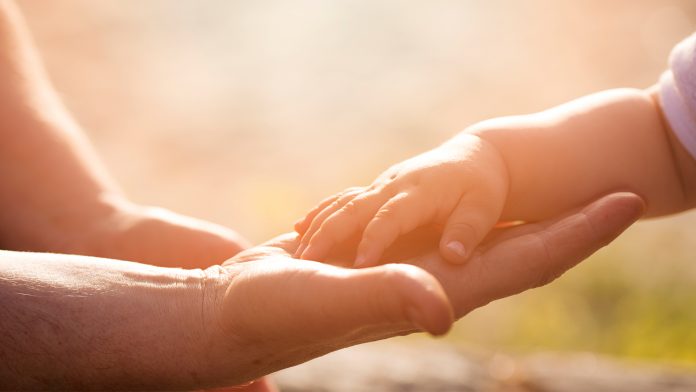
Charity, Gemini Untwined, has been launched to fund treatment and further our understanding of craniopagus conjoined children around the world.
The surgeons behind the life-changing separation of a set of craniopagus conjoined twins at London’s Great Ormond Street Hospital have launched a new charity – Gemini Untwined – to support similar pioneering operations in the future.
The world of craniopagus conjoined children
Gemini Untwined will raise funds to carry out medical and scientific research into, and the treatment of, conditions potentially requiring craniofacial or neurosurgery. This includes craniopagus conjoined twins who are born joined at the head with a fused skull and separate bodies. Fifty such sets of twins are estimated to be born around the world every year of which it is thought only 15 survive beyond the first 30 days of life. With current technologies, approximately half of these cases would be candidates for successful surgical separation.
The charity is being set up by paediatric neurosurgeon Mr Noor ul Owase Jeelani and consultant plastic and reconstructive surgeon Professor David Dunaway. The pair led the team at Great Ormond Street Hospital behind this year’s successful separation of previously conjoined twins Safa and Marwa who were born in January 2017 in northern Pakistan.
Safa and Marwa were brought to the UK in August 2018 aged 19 months following a request for help to Mr Jeelani from a neurosurgeon in Pakistan. Following three major operations and a number of smaller procedures, the sisters were successfully separated on 11th February 2019. The surgeries were funded by a private donation.
Gemini Untwined
Gemini Untwined, which is independent of Great Ormond Street Hospital, will raise desperately needed funds to help craniopagus twins around the world lead fulfilling and independent lives.
Funding will provide the financial and logistical support to bring twins to the UK and provide them with the expertise of world-class surgeons and cutting-edge research. As the optimum time for separation to take place is between 6-12 months of age, the charity will ensure that children do not have to wait for funding and logistical reasons which can delay separation and compromise recovery.
Commenting on the launch of the new charity, Jeelani said: “These are rare, difficult cases and the lack of funding and logistics can compromise outcomes for these children.
“Gemini Untwined will ensure families who find themselves in such an impossible situation have access to the world class expertise and facilities needed to maximise the chances of a successful outcome for their children.”
Dunaway added: “Craniopagus is an exceptionally rare and complex condition. Gemini Untwined has been established to ensure access to world class care for craniopagus children and to help our understanding of the challenges in treating this condition.”
World’s most experienced
The surgical team is one of the world’s most experienced in this area, having managed the separation of two previous sets of craniopagus twins in 2006 and 2011. Jeelani was the lead neurosurgeon for the last two sets of twins, while Dunaway led the craniofacial reconstruction for three previous sets.
During this time, techniques for separation have moved on considerably. Previously, separation would have taken place during one 30 plus hour operation.
Today, the process includes several surgeries with recovery time in between using the body’s natural healing properties to assist in a gradual separation process.
Using virtual reality for craniopagus conjoined children
Safa and Marwa’s separation earlier this year was aided by state-of-the-art technology not available during previous operations. For the first time, the team used virtual reality, advanced imaging and three-dimensional rapid prototyping to prepare for the operation.
This technology was developed in house at Great Ormond Street Hospital while the graphics were produced by London special effects company Glassworks, which has previously worked on films and television programmes including Bandersnatch and Black Mirror.
This technology will now be used in future medical procedures including complex craniofacial reconstructive cases.
These cutting-edge scientific techniques greatly increased the chance of success for Safa and Marwa. Their brains were more intertwined than the previous sets of craniopagus twins making it the most complicated separation to date. Thanks to the new technology, the team used images of the girls’ brains and blood vessels to plan and practice the surgery in advance to minimise complications.
Five months after their final operation, Safa and Marwa are making slow but steady progress. A further period of recuperation and rehabilitation is essential to maximise their recovery. Gemini Untwined continues to support their ongoing rehabilitation and care.
Gemini Untwined will also aim to advance the health and promotion of the physical, material, mental, and financial welfare of children and their families.









